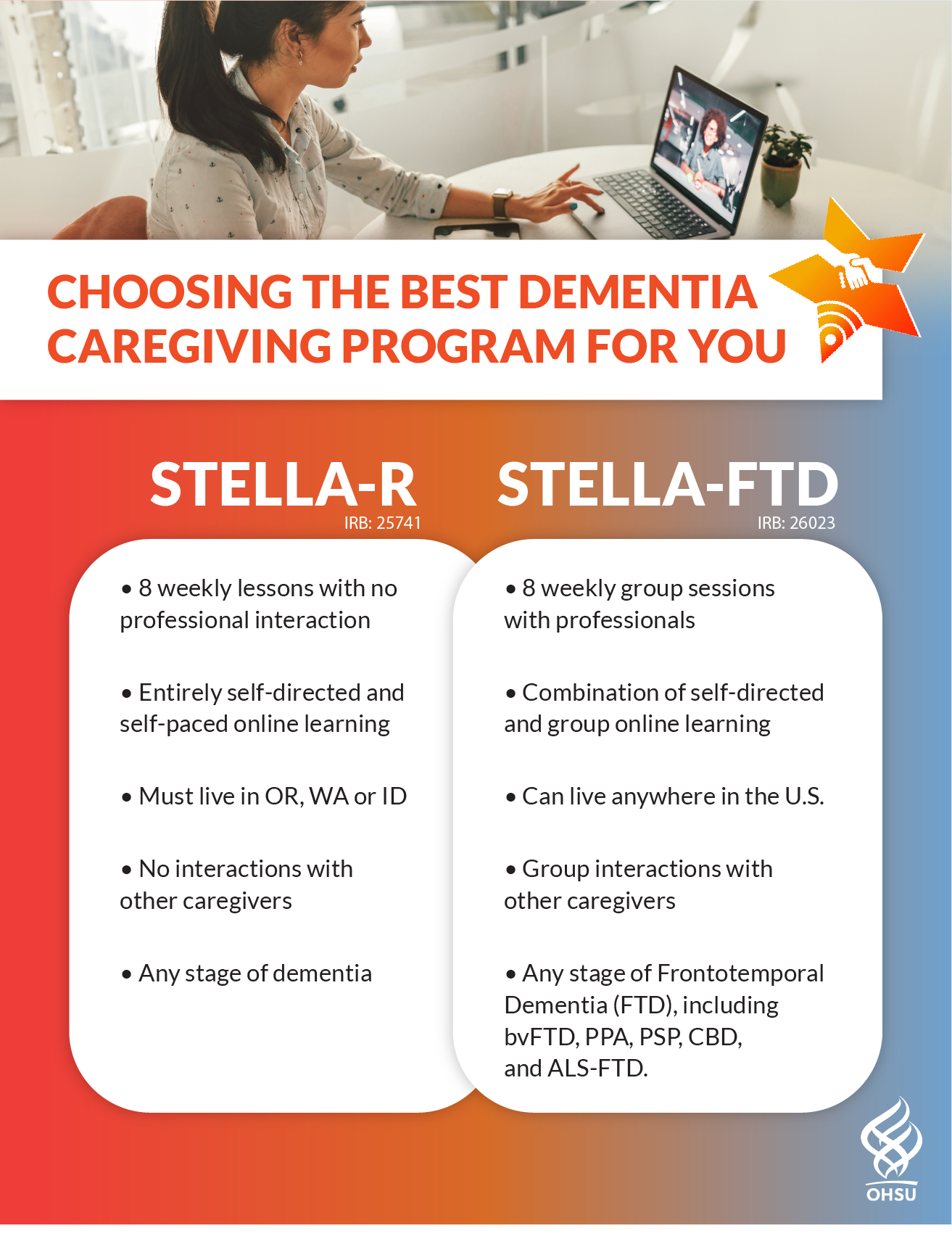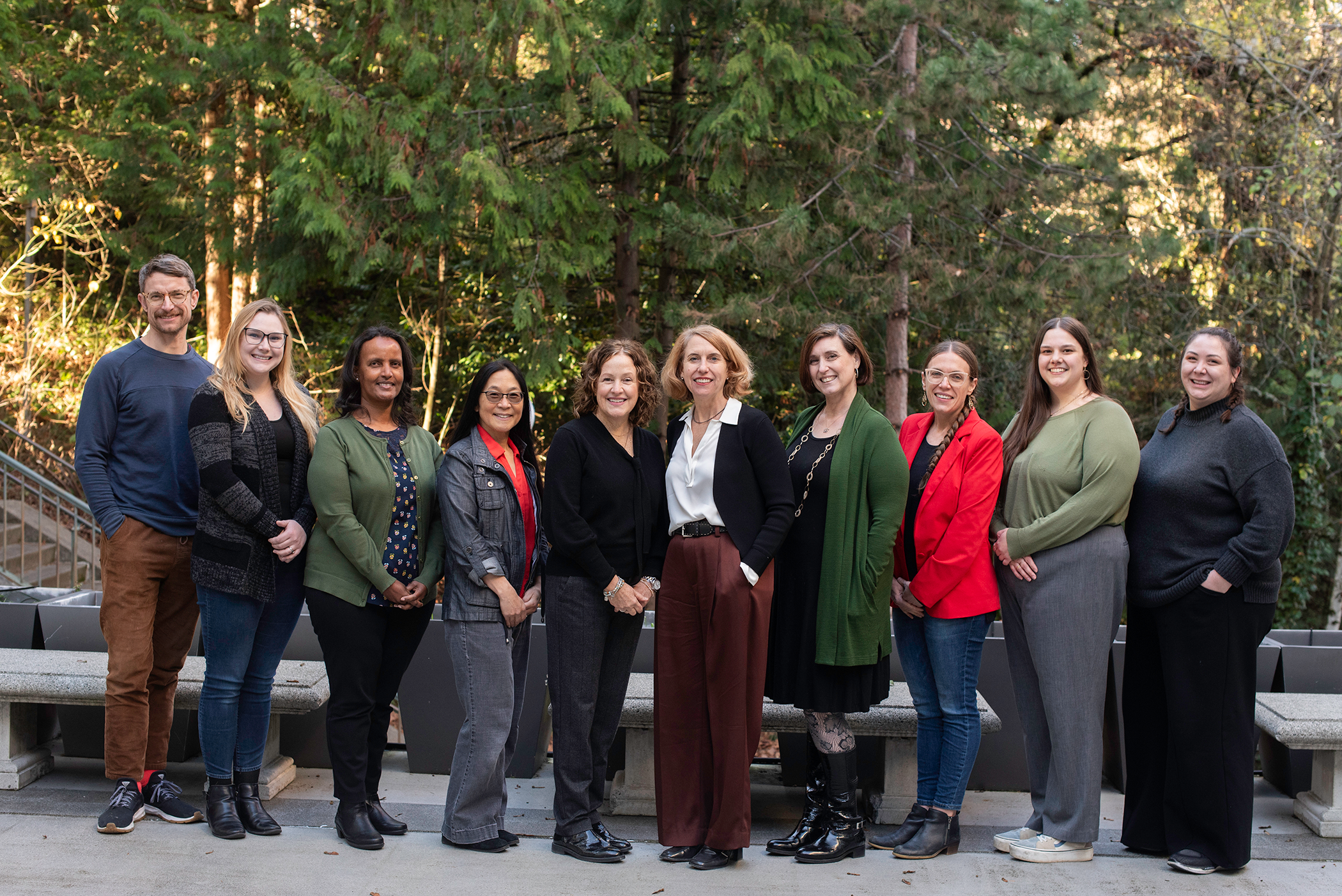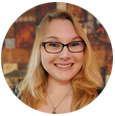STELLA Family of Studies
Support via Technology: Living and Learning with Advancing dementia

Welcome to STELLA!
We offer support options for families caring for those with dementia. Each option is a research study that tests ways to help families manage the challenges that come with dementia caregiving. We hope you’ll find a good fit here.
Our Story
The STELLA studies started in 2016 with a grant from the Oregon Alzheimer's Disease Research Center. Over the years, we have tested several types of the STELLA intervention including STAR-C Telemedicine, Tele-STAR, STELLA, and STELLA-FTD (pilot). Our current study, Tele-STELLA, will be active until December 2025 and we are now launching our new study, STELLA-R. You can find out more from the publications listed at the bottom of this page.
Background
All of the STELLA studies are framed by Dr. Linda Teri's work at the University of Washington. Dr. Teri found that teaching care partners the "ABCs" of caregiving helped them manage upsetting behaviors. Dr. Allison Lindauer worked with Dr. Teri to update STELLA and make it available via telehealth, which provides easier access to a wider community. You can read more in the publication below:
Teri L, McCurry SM, Logsdon R, Gibbons LE. Training community consultants to help family members improve dementia care: a randomized controlled trial. Gerontologist. 2005 Dec;45(6):802-11. doi: 10.1093/geront/45.6.802. PMID: 16326662.
STELLA-R
STELLA-R is an online, self-directed, 8-week lesson program that teaches care partners about the ABC approach and introduces you to the different kinds of professionals that can help you on our caregiving journey. STELLA-R is for people living in Oregon, Washington or Idaho.
Learn more about STELLA-R by clicking here.
STELLA-FTD (Coming Soon)
STELLA-FTD is an online, 36-week study that includes both self-directed website learning and online group sessions with Guides and other Care Partners. This program is designed to support Care Partners of persons with frontotemporal degeneration (FTD). STELLA-FTD is for people living anywhere in the United States.
Learn more about STELLA-FTD by clicking here.
Learn more about the differences between STELLA-R and STELLA-FTD in the graphic below or view a larger version by clicking here.

Current Funders
Tele-STELLA: NIH National Institute on Aging: R01AG067546 - Ends January 31, 2026
STELLA-R: Oregon Health & Science University Foundation through a grant from The Hart Family Foundation. Anticipated end date of June 2026
STELLA-FTD: NIH National Institute on Aging: R01AG084523 - Anticipated end date of June 2030.

Tele-STELLA Principal Investigator
Tele-STELLA Co-Investigator
Tele-STELLA Professional Guides

Deborah Sevigny-Resetco
PhD Student
Lab Staff

Christina Zonker, BA
STELLA-R Research Coordinator

Hailey Chatterton, MS
STELLA-FTD Coordinator

Heather Franklin, MS
STELLA Statistician

Keely Dehn, BA
STELLA-R Coordinator

Kristin Cloyes, PhD, MN, RN
STELLA Qualitative Expert

Michelle Kinsella, OTR/L, BS
STELLA Dissemination Expert

Stephanie Irish
Tele-STELLA Technology Assistant
Lindauer, A., Smith, S., Gothard, S., Mattek, N., Tran, L., & Mooney, A. (2023). ‘There’s no straight line...’ a consumer-informed intervention for FTD family care partners: the STELLA-FTD pilot study. Aging Ment Health, 27(10), 2000-2010. doi:10.1080/13607863.2023.2250741
Lindauer, A., Messecar, D., McKenzie, G., Gibson, A., Wharton, W., Bianchi, A., Tarter, R., Tadesse, R., Boardman, C., Golonka, O., Gothard, S., & Dodge, H.H. (2021). The Tele-STELLA protocol: Telehealth-based support for families living with later-stage Alzheimer’s disease. J Adv Nurs, 77(10), 4254-4267. doi:10.1111/jan.14980
Lindauer, A., McKenzie, G., LaFazia, D., McNeill, L., Mincks, K., Spoden, N., Marcella, M., Mattek, N., & Teri, L.L. (2019). Using technology to facilitate fidelity assessments: The TeleSTAR caregiver intervention. J Med Internet Res, 21(5), e13599. doi:10.2196/13599
Thomas, N.W.D., Lindauer, A., & Kaye, J. (2019). EVALUATE-AD and Tele-STAR: Novel methodologies for assessment of caregiver burden in a telehealth caregiver intervention A case study. Dement Geriatr Cogn Disord, 47(3), 176-184. doi:10.1159/000497805
Lindauer, A., Croff, R., Mincks, K., Mattek, N., Shofner, S.J., Bouranis, N., & Teri, L. (2018). “It took the stress out of getting help”: The STAR-C-telemedicine mixed methods pilot. Care Wkly, 2, 7-14. doi:10.14283/cw.2018.4
Lindauer, A., & Harvath, T.A. (2014). Pre-death grief in the context of dementia caregiving: a concept analysis. J Adv Nurs, 70(10), 2196-2207. doi:10.1111/jan.12411

Contact Us
For STELLA-R:
Email: stella@ohsu.edu
Call/Text: (503) 816-8310
For STELLA-FTD:
Email: stellaftd@ohsu.edu
Call/Text: (503) 568-9725
Research Studies
View our current and upcoming caregiver research studies:
STELLA-FTD (Coming Soon)
Tele-STELLA (Closed)
Are you a researcher wanting access to the data?
Please fill out the form below.